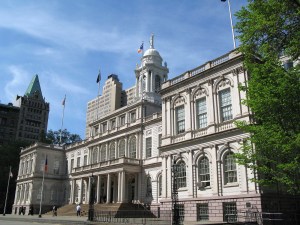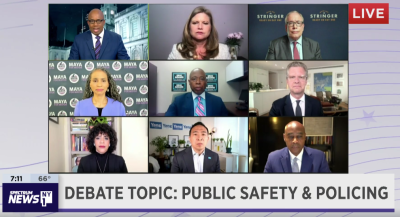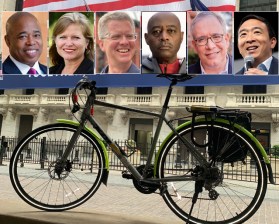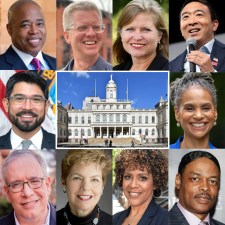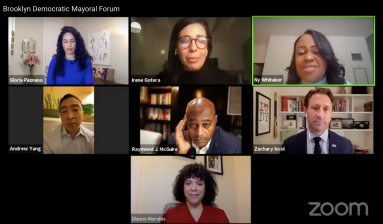Who Thinks $100K Can Buy A Home In Brooklyn? These Two Wanna-Be Mayors
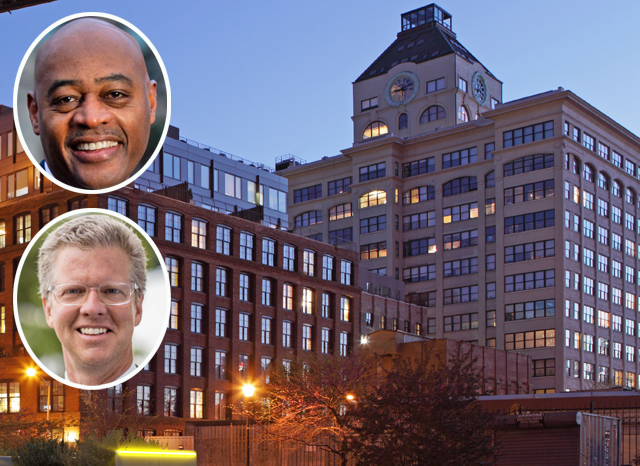
If you’re promising to make New York City more affordable as the next mayor, shouldn’t you understand how unaffordable it is for most New Yorkers?
The New York Times editorial board interviewed the eight major Democratic mayoral candidates and asked them a simple question: What is the median cost of a home in Brooklyn?
Most of the candidates were in the ballpark of the correct answer ($900,000), but former banking executive Ray McGuire and, uh, former Housing and Urban Development Secretary Shaun Donovan seemed unaware of the obscenities of Brooklyn real estate.
“It’s got to be somewhere in the $80,000 to $90,000 range,” McGuire said.
“Median home? Including apartments?” Donovan replied after being told the correct answer. He had guessed $100,000.
.@RayForMayor & @ShaunDonovanNYC both think a home in Brooklyn costs $100K…
How can you fix the city’s housing crisis if you’re this oblivious? pic.twitter.com/fW9fWeCXbU
— Monica Klein (@MonicaCKlein) May 11, 2021
You could maybe buy an apartment for $100,000 back in the 1980s, when New York City real estate averaged $250/square foot. These days, you’re lucky to find a $250,000 apartment in Union City, New Jersey (or a $100,000 parking space in Brooklyn). But those who can afford their own apartments are outliers: more than two-thirds of the three million households in the city rent. Around half of those households are rent-burdened, meaning they pay more than half of their wages towards rent; the poorer you are, the more likely you are to be severely rent-burdened.
McGuire lives in the San Remo building on the Upper West Side, where some apartments sell for tens of millions of dollars.
“I messed up when accounting for the cost of housing in Brooklyn. I am human,” McGuire said in a statement provided to Streetsblog. “But make no mistake, I care deeply about our city’s affordable housing crisis. I know what it’s like not being able to afford a home because it was my own experience. At the heart of my housing plan, which addresses the entire housing spectrum from homelessness to homeownership, are New Yorkers who want leadership that will bring creative, data driven solutions to housing in New York City.”
Donovan, who purchased a $2.3-million carriage house in Boerum Hill in 2017, didn’t respond to our request for comment. Donovan’s father has given at least $3 million to a SuperPAC that is aiding the candidate.
“Ever say something dumb in a job interview and then immediately realize you totally misinterpreted the question? And then your friends tell you no one will notice?” Donovan tweeted, referring to the incident. “Welp. That’s why they’re your friends.”
I’ve been volunteering on a complex housing assessment lawsuit. Got the numbers mixed up.
— Shaun Donovan (@ShaunDonovanNYC) May 11, 2021
Odds and ends
Meanwhile, the Times editorial board endorsed former Sanitation Commissioner Kathryn Garcia for mayor, citing her experience as a “go-to problem solver for the past decade.”
“The city’s recovery and its longer-term future also depend on a mayor who will understand and work the levers of good government. So do its most vulnerable residents. Substance matters for the challenges that lie ahead, when federal aid money dries up, eviction moratoriums end and the final bills for the pandemic come due,” the board wrote.
In her extended interview with the board, Garcia punted on how she would handle the crumbling Brooklyn-Queens Expressway (“I would bring back the engineers to the table”), but gave a stirring preview of how she would remake New York City’s streets.
“My plan, when I’m mayor, is to fundamentally change the streetscape to make it so that is more focused on pedestrians but also to ensure that it has bike lanes and green infrastructure and bus ways,” Garcia said. “The car gets pushed down into a narrower piece of the pie so that we are prioritizing the public in public realm but also because this is good economic policy if it makes it more livable and we know that people actually come.”
She also said she favors a residency requirement for police — though that would take a state law to mandate.
Garcia is also the only remaining top candidate who has biked with Streetsblog reporter Dave Colon, a rite of passage that is considered by some to be an essential element of city politics.
